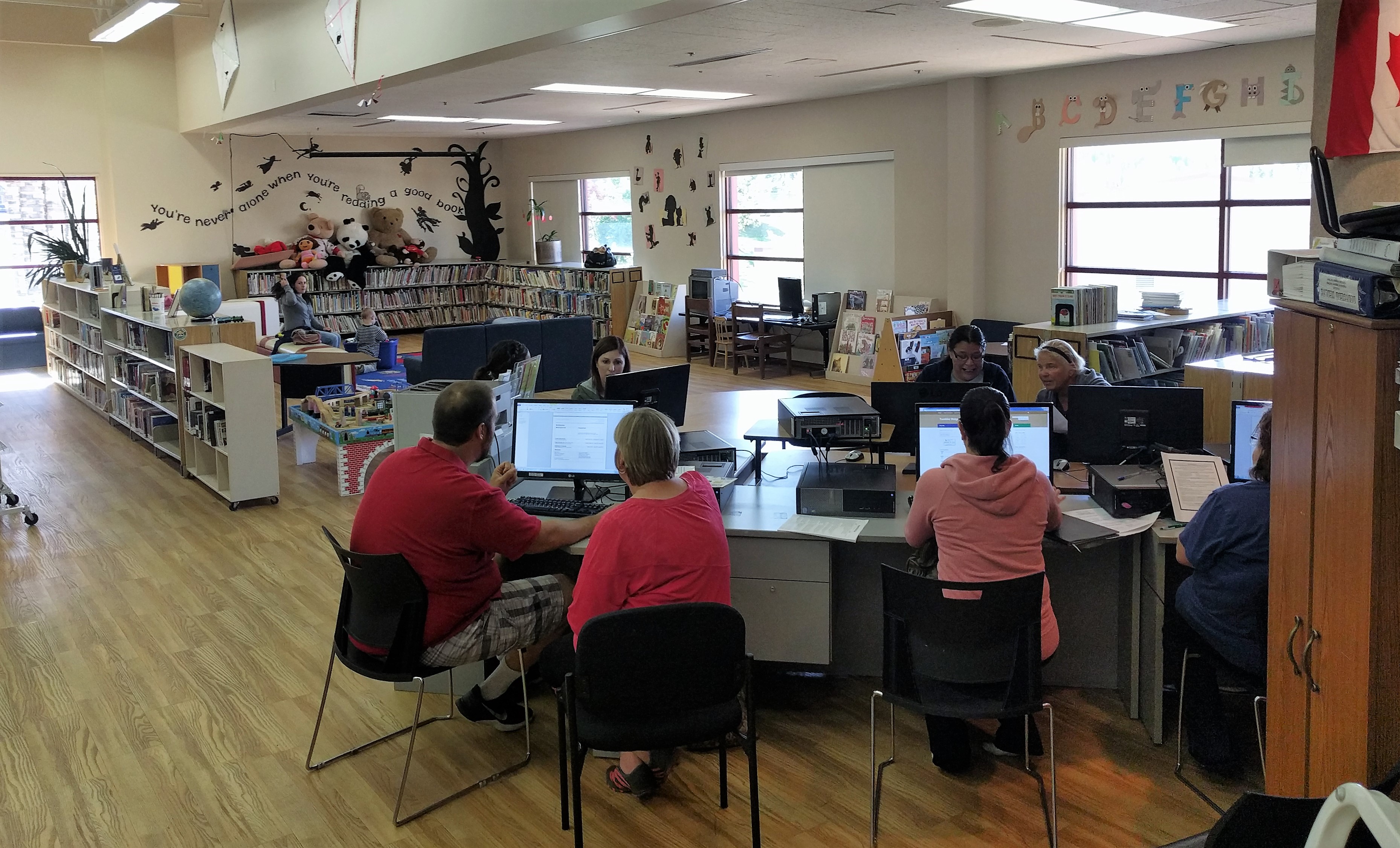First, a short history lesson to provide context.
Tumbler Ridge, a district municipality in northeastern British Columbia, was built in the early 1980’s to support the Japanese funded North East Coal Development project. As such, it is the youngest community in the province. As a single industry community, the town underwent its first economic collapse in the early- to mid-1990’s. Such economic debacles are not unusual for resource-based towns, but because of Tumbler Ridge’s already transient population and the singular nature of its economy, it hit the region harder than most.
Tumbler Ridge’s legacy has become one of resilience in the face of hard times. The community—or what was left of it—had to rally together to get through that first downturn and it gave residents a communal identity as survivors.
The municipality’s second collapse occurred in early 2014 and overnight the town’s atmosphere changed dramatically. Those with long memories knew lean times were ahead—but many of the younger workers and families had never known life without a paycheque. People adjusted; fathers and mothers took work outside of town and either commuted or lived in camps.
Following the most recent economic collapse, staff at the Tumbler Ridge Public Library—which considers itself a service provider first and foremost—immediately started assessing how they could best support the community through this difficult transition.
One of the greatest challenges identified was a common lack of computer literacy. As an example, many library clients lacked resumes as they had always obtained work through personal connections and reputation. In a slow economy this is not as feasible.
Recognizing that individuals had different needs, staff developed a program to assist people in developing MS Word skills, coach others through building a resume, and in some cases even typing up and laying out handwritten resumes submitted to the library.
The library also found that its clients needed assistance in many other areas, including but not limited to: Employment Insurance applications and reporting, social assistance applications and reporting, work search training and assistance, proofing cover letters, and more extensive programs to develop or improve resumes. This has since created unpredictable workloads for library staff, but by dividing responsibilities and setting realistic expectations they have so far been able to tackle everything quite smoothly. They certainly don’t lack for things to do.
The library would be truly remiss not to thank a few people and organizations that have helped with this outreach initiative. Service Canada’s Emily Herring-Cooper has made multiple visits to the library, during which she trained staff on the ins-and-outs of the Service Canada portal and also spoke with library clients. Support has also been received from WorkBC and Northern Lights College to help staff build better resumes, connect clients with workforce training, and delivery literacy and technology training.
Tumbler Ridge Public Library has had the satisfaction of seeing those it has helped find meaningful employment in a downtrodden economy—and it has earned immeasurable goodwill within the community as a result.
Steven Tory is Head of Technical Services at Tumbler Ridge Public Library.
Test


